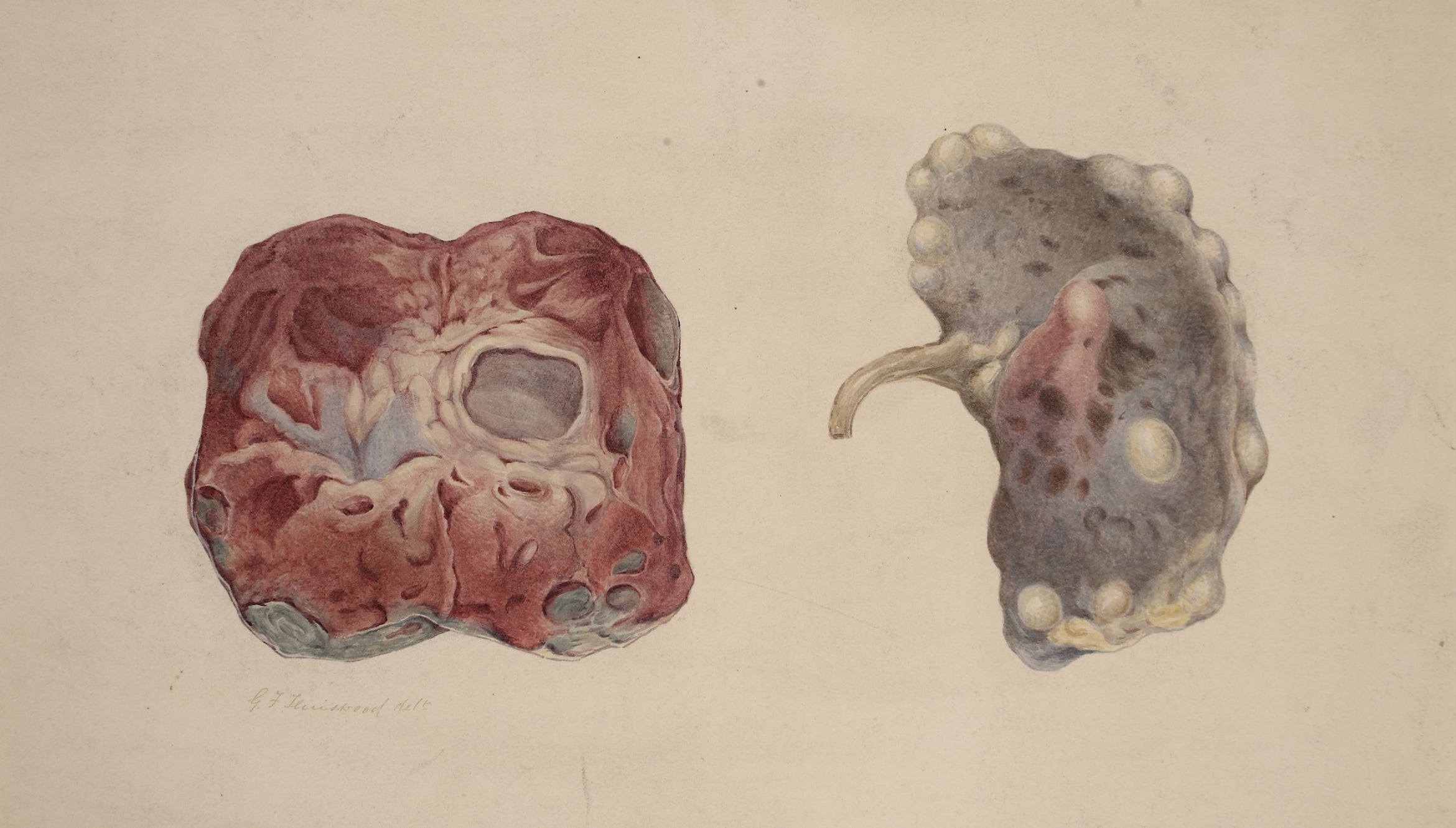UC Santa Barbara Psychology Professor Michael Gazzaniga Awarded Prestigious German Research Prize for Lifetime Achievements in Science
Michael Gazzaniga, professor of psychology at UC Santa Barbara and director of the SAGE Center for the Study of the Mind, has received the Humboldt Research Prize in recognition of lifetime achievements in science.
"Professor Gazzaniga is a true pioneer in reaching across the disciplines to answer fundamental human questions about the relationship between mind and brain," said UCSB Chancellor Henry T. Yang. "The Humboldt Research Prize is a prestigious award and peer recognition that honors not only his lifetime achievements and discoveries, but also the far-reaching impact of his sustained contributions as the founder of the cognitive neuroscience field."
The Alexander von Humboldt Foundation of Germany grants up to 100 Humboldt Research Awards annually to scientists and scholars "whose fundamental discoveries, new theories, or insights have had a significant impact on their own discipline and who are expected to continue producing cutting-edge achievements in the future."
Winners receive 60,000 Euros (approximately $93,000) and are invited to conduct research at an institution of their choice in Germany.
At UCSB, Gazzaniga oversees an extensive and broad research program investigating how the brain enables the mind.
Over the course of several decades, a major focus of his research has been a study of patients that have undergone split-brain surgery that has revealed lateralization of functions across the cerebral hemispheres.
Gazzaniga is also principal investigator of the Law and Neuroscience Project, the first systematic effort to bridge the fields of law and science in considering how courts should deal with new brain-scanning techniques as they apply to matters of law.
The project is a multi-institution effort funded by an initial, three-year, $10-million grant from the John D. and Catherine T. MacArthur Foundation.
He is also director of the Summer Institute in Cognitive Neuroscience, president of the Cognitive Neuroscience Institute, and is a member of the President's Council on Bioethics.
Recently, Gazzaniga received the 2008 Distinguished Scientific Contribution Award from the American Psychological Association and was invited to present the prestigious Gifford Lectures at the University of Edinburgh in 2009.
Gazzaniga has published many books accessible to a lay audience, such as the "The Ethical Brain," "Mind Matters" and "Nature's Mind," which, along with his participation in the public television special "The Brain and The Mind," have been instrumental in making information about brain function generally accessible.
His new book, "Human," has just been published by Harper Collins.
His many scholarly publications include the landmark 1995 book for MIT Press, "The Cognitive Neurosciences," now in its third edition, which is recognized as the sourcebook for the field.
Gazzaniga's long and distinguished teaching and mentoring career has included the start-up and development of centers for cognitive neuroscience at UC Davis and at Dartmouth; supervising the work and encouraging the careers of many young scientists; and founding the Neuroscience Institute and the Journal of Cognitive Neuroscience, of which he is the editor-in-chief.
Gazzaniga received a Ph.D. in psychobiology from the California Institute of Technology.
He is a fellow of the American Association for the Advancement of Science, the American Neurological Association, the American Psychological Association, the American Academy of Arts and Sciences, and the Institute of Medicine. He is a much sought-after advisor to various institutes involved in brain research.
His teaching and research career has included appointments at UC Davis, Dartmouth College and Medical School, Cornell University Medical College, the State University of New York at Stony Brook, New York University Graduate School, and UC Santa Barbara.
The Alexander von Humboldt Foundation promotes academic cooperation between excellent scientists and scholars and annually enables more than 1,800 researchers from all over the world to spend time conducting research in Germany.
Related Links



